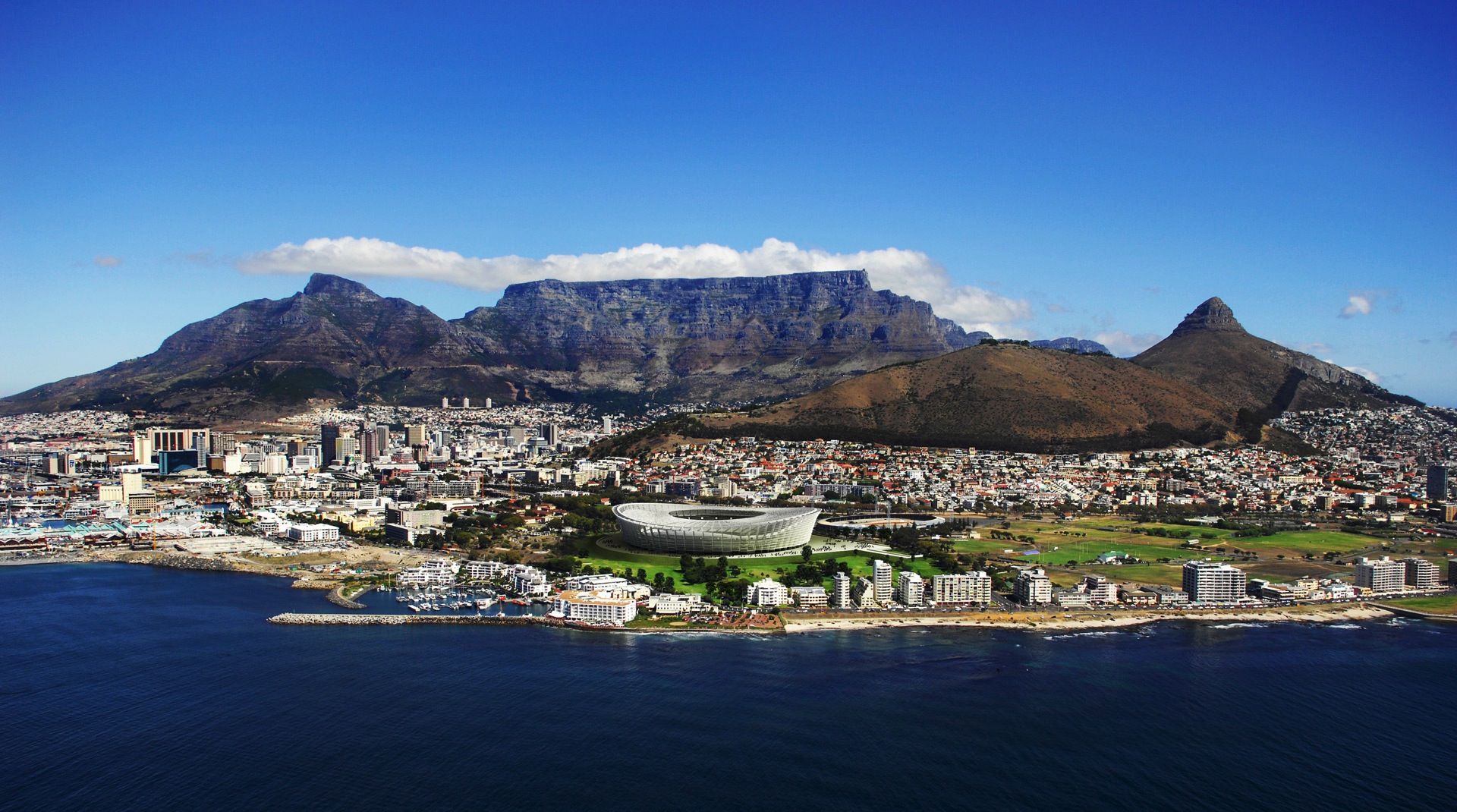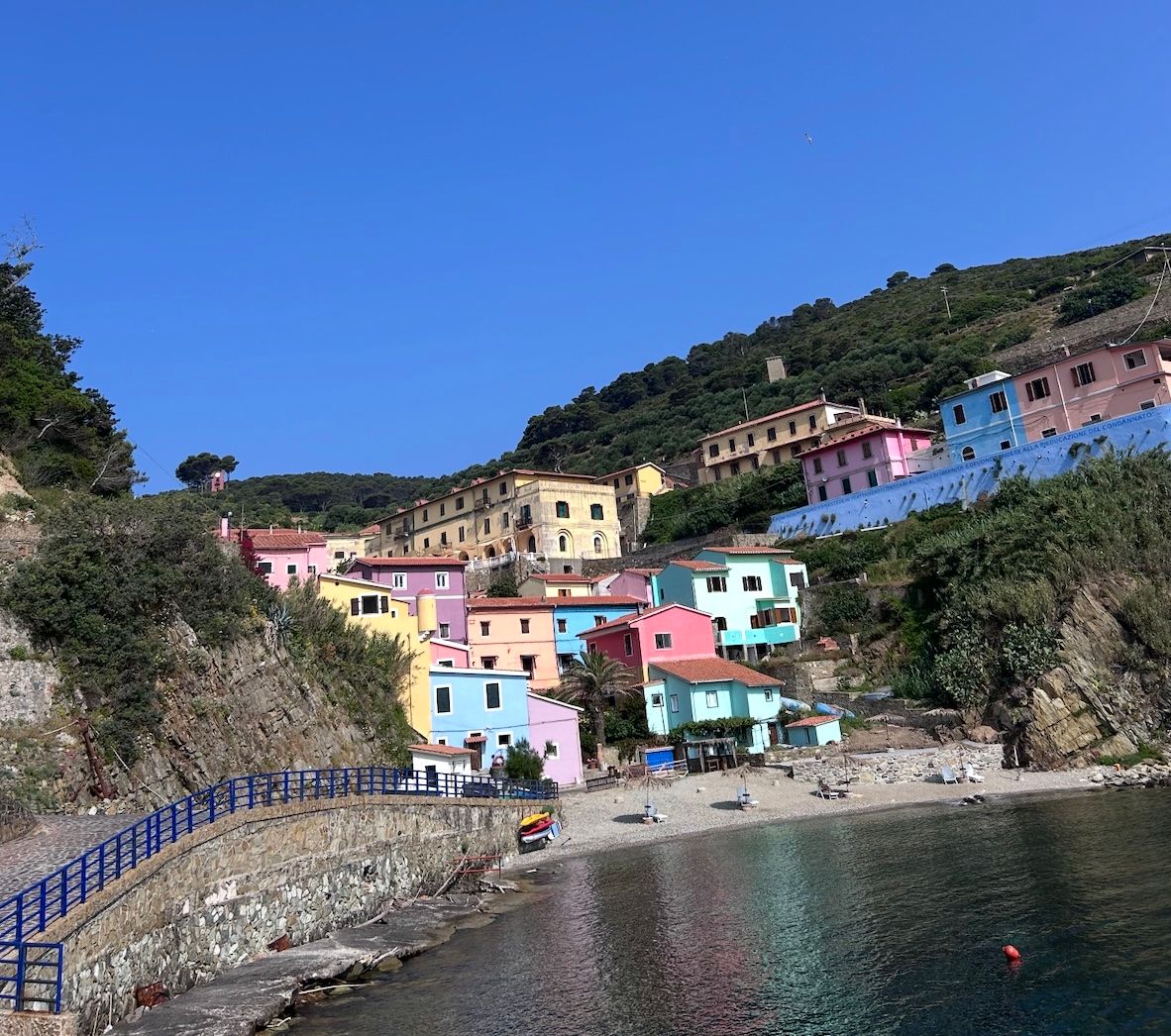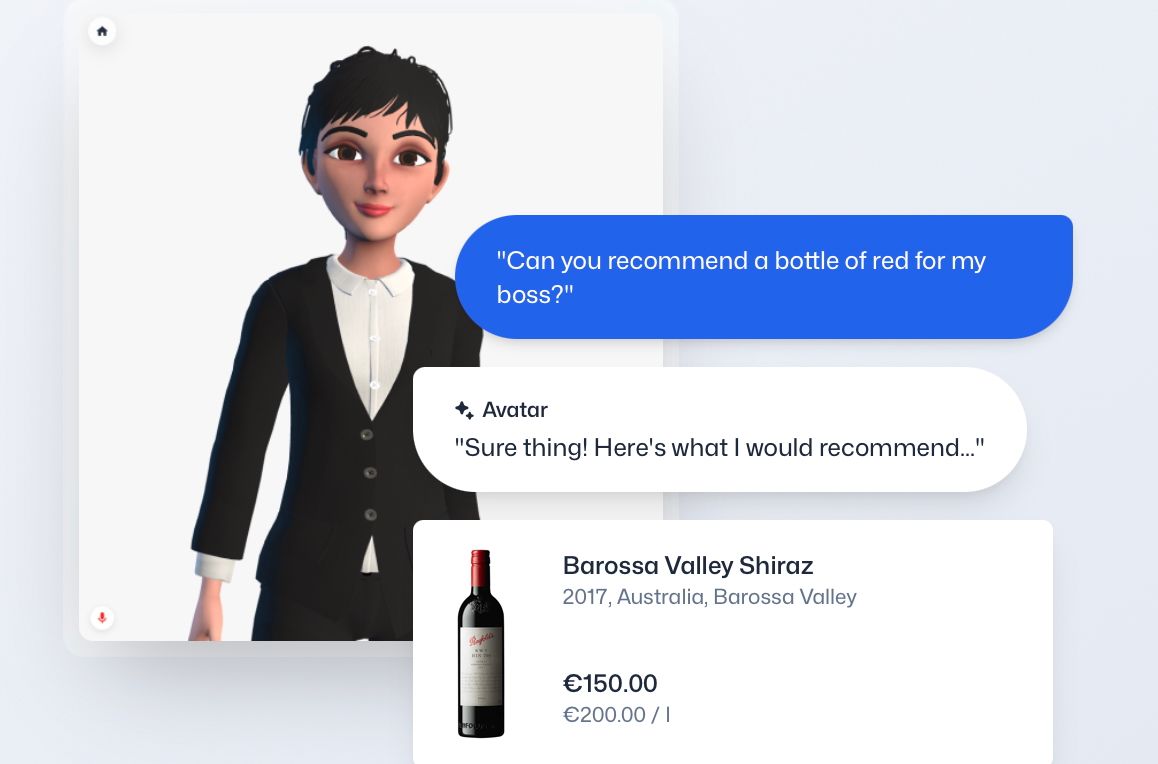Driving sustainable, profitable economic growth is ultimately the goal for any wine producing country. But, as this analysis of the South African industry by local consultant Ross Sleet shows, it is becoming even harder to achieve.

VinPro in South Africa is a non-profit company that represents the interests of over 3,500 South African wine producers, wine cellars and industry stakeholders. The organisation has evolved from being a mouthpiece for farmers of grapes to a forum for the entire industry and it hosts an annual information day in Cape Town in January each year to tackle issues that are impacting the industry.
The theme for this year was how the South African wine industry can unlock value, from vine to the shelf. Not an easy task in the current economic and political climate in South Africa and it’s major export markets, the UK and Europe.
The conference included:
- a review of the current state of the South African economy and how 2017’s global economic factors will impact brand owners and vineyard owners
- a record of the 2016 harvest and the recently commenced 2017 harvest
- an academic presentation on how long term vineyard production (since 1659), was impacted by and responded to market forces
- a panel of various industry stakeholders presenting consumer and market issues that it is hoped will help to drive value for South African brand owners
- and a sharp call for the industry to look inwards to the local market for growth.
Most non-South African wine buyers will have a limited view on how tough 2016 was for the South African wine industry as South Africans doing business abroad don’t discuss internal difficulties beyond the odd throw away line about how life is “tough in Africa”.
So the fact that this years VinPro day tackled issues relating to value over all others is symptomatic of the strains being felt in various parts of the industry, and the fact that a coordinated and considered effort is required to extract greater value for all in the value chain.
Positive times ahead

The rand remains under pressure but could help UK exports in 2017
The difficulties of 2016 with a weakened rand and internal political turmoil, another year of low rainfall, and global political uncertainty – cue Brexit and Trump – impacted all in the industry. The gallows humour treatment of their subject matter by many speakers made the positive view on 2017 all the more encouraging, and it seems there is good news to come.
Economically South Africa is expected to fair better in 2017 due to an expected rise in commodity prices and the Trump “boost” in the US. The smaller 2016 and 2017 harvests do not mean poorer harvests. The data presented made clear the quality-focus since the 1990s and better vineyard practises are yielding superior results in the bottle which the multitude of global wine awards in 2016 for South African wines are testament to.
Also the positive market opportunities presented in traditional (but tough!) markets such as the UK and Europe, when married with the latent Sub-Saharan and opportunities in the US, means that 2017 should be viewed in positive light for the South African wine industry.
Root issues to tackle
It still, however, has work to do when it comes to sustaining a profitable and thriving industry. South Africa remains rooted to bottom of the table when it comes to price points for New World wines, and the industry is over reliant on exports and bulk wine to drive volume, at the expense of value.
Attempts to tackle the local market have been slow to deliver returns and many wine brand owners do not fully understand the value to be found in marketing effectively to internal audiences in the likes of the Soweto and Mamelodi townships near Johannesburg.
It is clear that if the latent opportunity for growth in Africa is to be tackled, then getting Soweto right first could be hugely beneficial to South African wine brand owners as speaker Lebo Motshegoa pointed out.
The industry panel presented various issues that were aligned around how to extract value. Market leader Distell’s Group, chief executive, Richard Rushton, stated that success for South African wines globally requires building premium wine brands at scale, in important wine markets.
Origin Wine’s South Africa chief executive, Neville Carew, referred to the need for brand owners to travel more to continue to better understand and service their export markets, as well as calling for a better understanding of their entire value chain in order to be able to present a more viable value proposition to market.

Johan Krige: we’re in the “lifestyle” business
On the smaller brands’ front, premium wine brand owner, Johan Krige from Kanonkop, discussed his “overnight” success – 35 years in the making, and that he wasn’t in the wine industry, but in the lifestyle industry – a reference to the positive impact that South Africa’s world class wine tourism offering provides to the industry.
With the low return on investment that is inherent in the wine industry, Krige reiterated that there are no quick fixes, ever.
Denise Stubbs from the black owned wine brand Thokazani, described the background to the birth of this transformation brand, but also made reference to the fact that sentiment alone cannot make a brand successful. The brand must inherently have value in its offer and a compelling story well executed.
The most notable outtake from the 2017 VinPro day appears to be the vigorous response by the industry to what was a very tough 2016. The harsh market realities that hit many brand owners will not be quick or easy to recover from. However, the considered approaches aired during the conference do provide a measure of certainty that the South African wine industry is in good health, and ready to tackle the next few year with vigour.
Note:
- A full deck of the presentations delivered at the conference can be found at http://vinpro.co.za/presentations-nedbank-vinpro-information-day-2017/
- Ross Sleet is an experienced South African wine industry consultant and has worked both in the UK and South Africa most recently for Kleine Zalze, DGB, Distell and Cape Legends. He is now running his own business, Sleet Consultancy – a wine strategy and brand building company









































